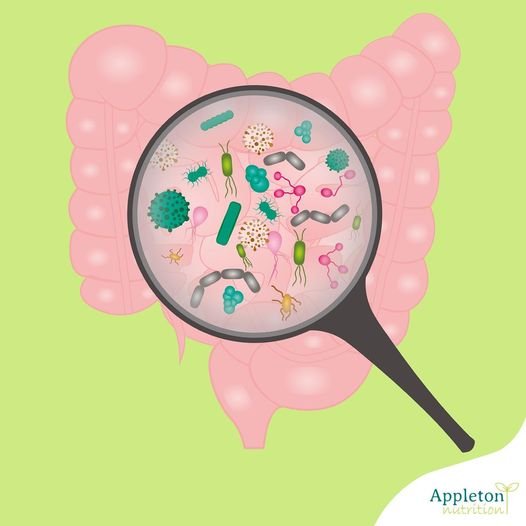Gut dysbiosis and Alzheimer’s disease
Apr 8, 2021
One of the possible mechanisms contributing to the development of Alzheimer’s disease is gut dysbiosis. Gut dysbiosis is where the intestinal flora or bacteria living in the large intestines are unbalanced. Amino acids produced by less beneficial bacteria can trigger an inflammatory response leading to neuroinflammation.
New drug therapies have been developed and are being trialed that remodel the microbiome. Reducing these amino acids may reduce the infiltration of immune cells to the brain, and in turn reduce neuroinflammation.

Diet and lifestyle can have a huge effect on the microbiome too. Ways to help create a balanced microbiome include;
* Eating fibrous foods
* Reducing consumption of artificial sweeteners
* Eating less processed foods
* Eating as diverse a range of foods as possible
* Having annual medication reviews to ensure all medications are still essential
* Sleeping well
* Exercising but not to excess
Wang, T., Kuang, W., Chen, W., Xu, W., Zhang, L., & Li, Y. et al. (2020). A phase II randomized trial of sodium oligomannate in Alzheimer’s dementia. Alzheimer's Research & Therapy, 12(1). https://doi.org/10.1186/s13195-020-00678-3
